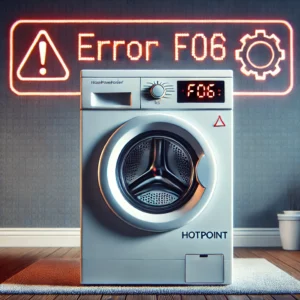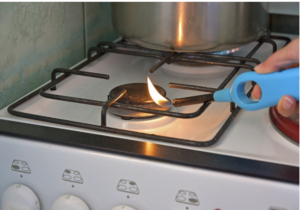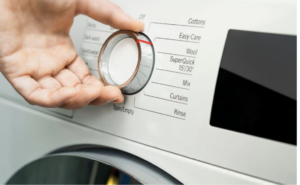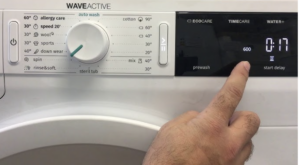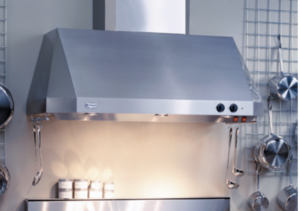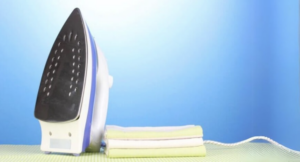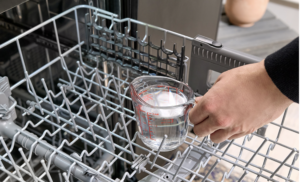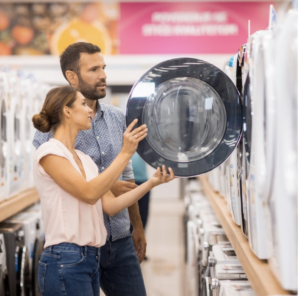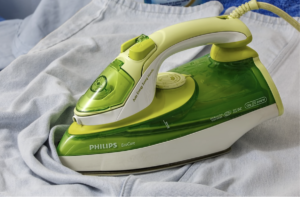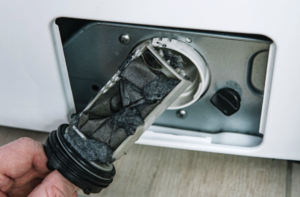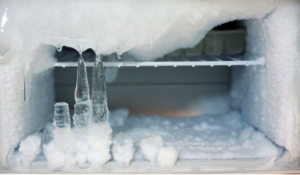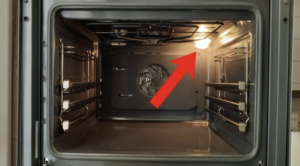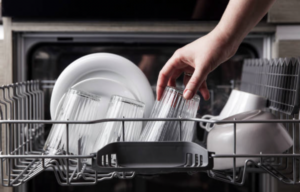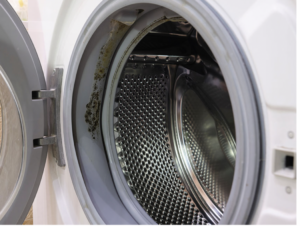Common dishwasher problems
While some people still consider owning such a kitchen appliance to be a luxury, there are others who cannot live without it. When your dishwasher breaks down and you need to contact a specialist, then you will regret not having it serviced regularly.
For those of us who like to regularly prepare meals at home for our family, this kitchen appliance, whether built-in or freestanding, is an absolute must. Here are some of the most common problems that arise with the dishwasher. Some of them require repair, while others require you to buy a new appliance.
1. The dishwasher is leaking
This is a common fault that resembles problems with some washing machines. Among the main reasons for a dishwasher to leak are:
- Damaged drain hose (cracked or worn out from detergents and heat);
- System blockage
- Defective pump and/or pump seal;
- Worn door seal (over time, rubber seals soften and are not as elastic and productive);
- Sometimes the lower sprayer is cracked and sprays into the overflow and leaks from there. (This is a factory problem with some models)
It's better to follow the advice in the appliance manual on how to load dishes, pots and pans in the machine. You can also look for information on how to load your dishwasher correctly online. However, if the problem persists with the appliance, you need to seek help from a specialist to fix the unpleasant fault.
2. Dirty dishes after the cycle ends
This could be due to your dishwasher not heating up the water. But one possible reason could be using the wrong detergent for your particular dishwasher. There are a variety of products available on the market designed for dishwashers. They have different compositions and consistencies. Detergents can be powders, gels or tablets that dissolve. For the better brands of dishwashers, you can find information online on how to maintain them, as well as troubleshooting tips.
Unfortunately, there are much more serious problems, such as damage to electrical circuits or electronic control components. But they are a consequence of improper use of the appliance. Although it is relatively uncommon, a surge in the electrical circuit can damage the electronics of your machine. This can disrupt the operating cycles of the dishwasher. Also, placing dishes without removing large food debris such as olive pits or other similar remains usually gets into the drain pump and blocks it. From there, the dishwasher cannot discharge the water and errors appear on the display panel.
If your appliance has an electronic display of any kind, it may show error codes for incomplete modes. Then you should check what your dishwasher error code means.
What if you don't regularly clean and maintain your dishwasher?
A malfunction can create major headaches, such as harmful leaks and the spread of bacteria inside and outside the dishwasher itself. Some machines have self-service filter components that need to be cleaned regularly to prevent clogging.
4. Noisier dishwasher
There are several reasons for this problem.
Sometimes this malfunction is due to a problem at the bottom of the dishwasher and it holds an emergency level (drain pump from flooding is turned on), another cause is a blocked spray arm from a fork or spoon that has fallen and blocked the rotation of the spray arm, thus it has taken one position. Be careful when loading the dishwasher with extremely large dishes such as serving plates or pots.


